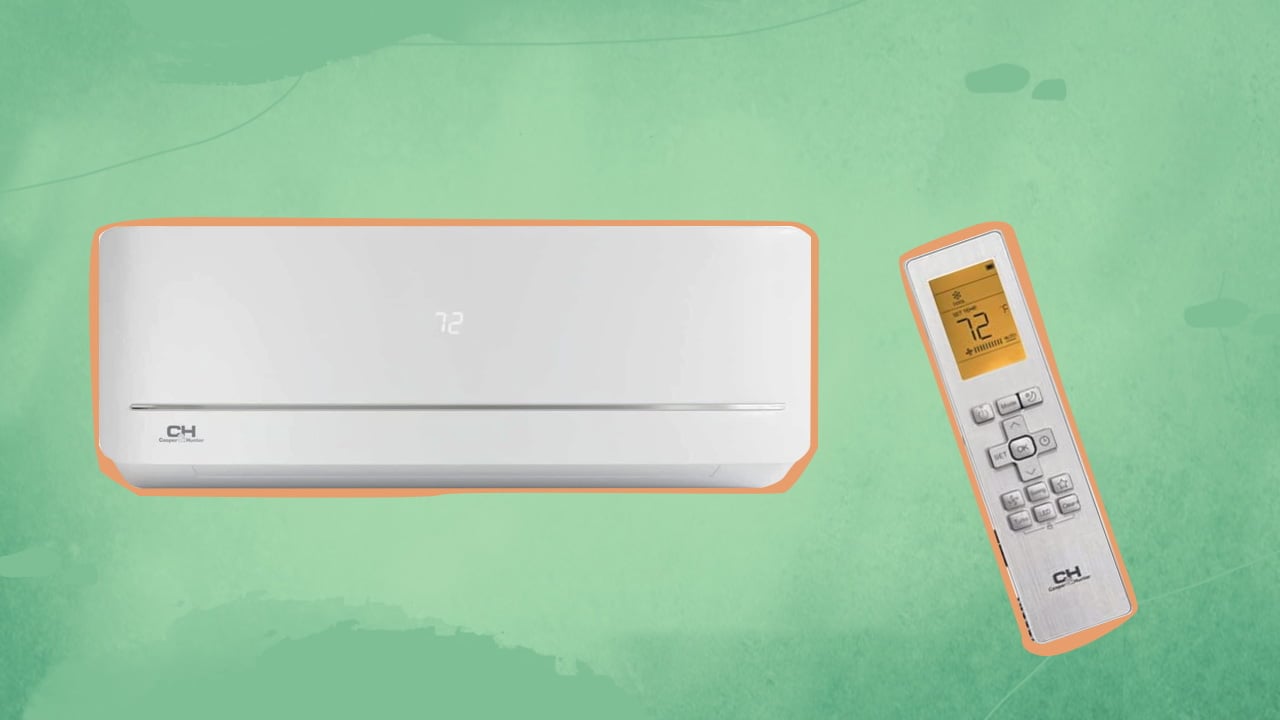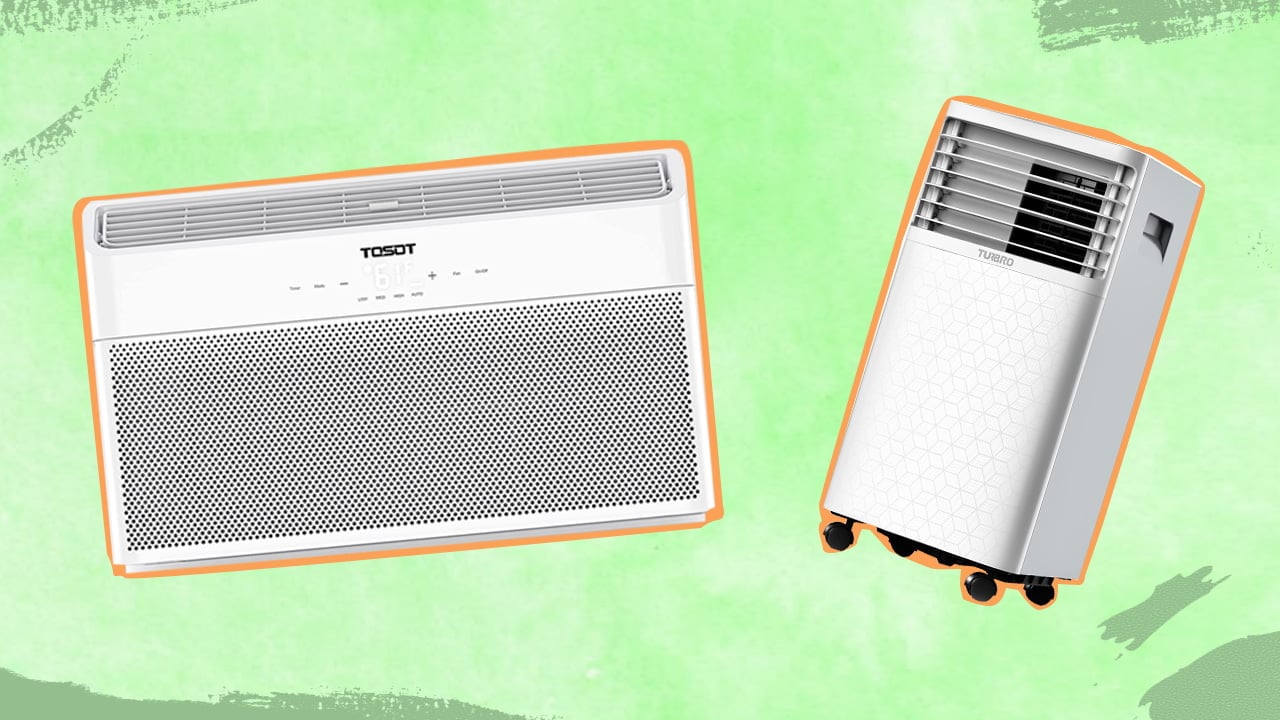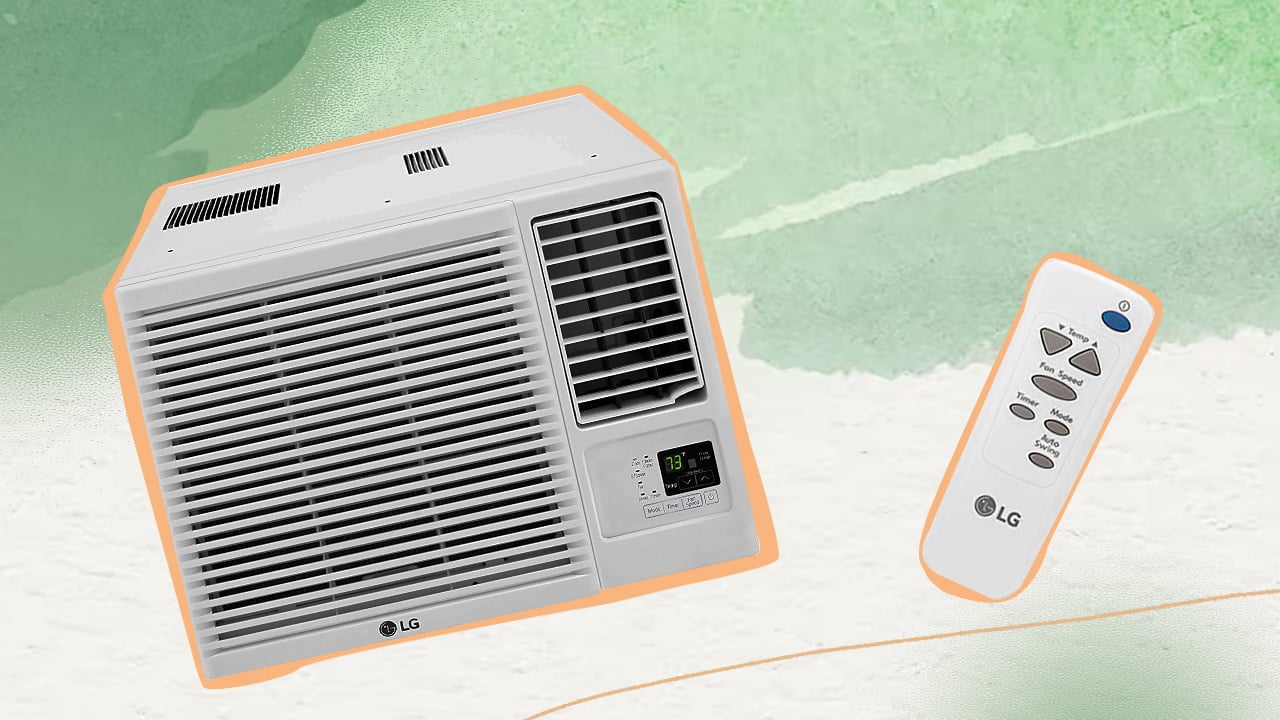A BTU calculator helps calculate the temperature requirements of a room, allowing you to choose the right heating or cooling system. Several factors, including room size, ceiling height, type of room, and the number of people, affect BTU requirements.

British Thermal Unit, or BTU, is a measurement of heat that is used to classify an appliance's heating or cooling capacity. It is extensively used in the United States and the United Kingdom as a basic unit of measurement. A BTU calculator for air conditioners helps determine how much heat the AC unit can remove from a space.
AC BTU Calculator
AC BTU Calculator
Heating BTU Calculator
Heating BTU Calculator
What Is BTU?
British Thermal Unit (BTU) is a unit of energy measured as the heat required to heat one pound of water by one degree Fahrenheit. 1 British Thermal Unit equals 252 calories, 1,055 joules, 0.293-watt hours, or the energy released by a burning match.
In other words, 1 watt is equal to 3,412 BTU per hour. This is important because knowing the British Thermal Unit value helps compare different fuels. But you might wonder how it is possible to relate BTU with fuel because these are physical objects quantified by barrels or volume.
However, I found that you can convert fuels to BTU based on the heat content or energy in each barrel. And given that all fuels are a source of energy due to their intrinsic properties, it’s much better to use BTU than a physical quantity. For instance, you can compare oil and natural gas better using British Thermal Units.
Another important application of BTU is the measure of the electrical energy generated by electrical appliances like air conditioners. If an air conditioning unit has a higher BTU, its cooling capacity will also be higher.
You should note that for air conditioners, BTU refers to the amount of heat an air conditioner can remove from the room.

What Is A BTU Calculator?
A BTU calculator helps determine the cooling needs of a room or house. So, this calculator will help you choose the right window air conditioner or central air conditioner needed for your home.
You must input the various values into a BTU calculator, including:
- Size
- Ceiling height of the room
- Type of room
- Number of people occupying the room
- Sun exposure
- Insulation condition
- Climate
What Is The Purpose Of A BTU Calculator?
The basic purpose of a BTU calculator is to help you choose the right size air conditioner by determining the BTUs needed to cool or heat a room. You can calculate the desired temperature change by determining the increase/decrease from the outdoor temperature to achieve the necessary indoor temperature.
For instance, a home in Boston can experience temperatures as low as -5 degrees Fahrenheit in winter. To survive such harsh conditioners, you can use a heater BTU calculator to find a rough estimate for keeping your home warm. In most instances, indoor temperatures should be 75 degrees Fahrenheit, which means an overall increase of 80 degrees Fahrenheit.
What Are The Factors That Affect BTU?
In this section, I have shortlisted many factors that affect the results of a heater or air conditioner BTU calculator.
1. Insulation Condition
When objects are in a state of radiative influence of thermal contact, it may lead to lower heat transfer, known as thermal insulation. If you remember middle school science, heat always flows from a warmer to a cooler region until there’s no temperature difference between these areas.
Keeping in mind this principle, BTU requirements will be lower when heat loss is less, owing to proper insulation. Thanks to stricter building codes and state-of-the-art technology, modern homes have better insulation, while old homes suffer from poor insulation.
But that doesn’t mean you have to switch homes, as it’s possible to upgrade the insulation of the whole house and lower energy consumption. Most importantly, it increases the valuation of the entire house.
Note that every material has an R-value, which is the thermal resistance of the material to heat flow. How much heat transfer occurs in a material depends on the R-value; a higher value guarantees greater heat resistance.
So, when choosing insulation material for your home, opt for products with a higher R-value, even though they cost more because they will result in less energy transfer.
To determine how many BTUs you need, input a general value in the “insulation condition” field - good, bad, or average. Rooms with many windows have poor insulation because walls have a higher thermal resistance. So, you can install a double-glazed window to prevent heat loss.
2. Ceiling Height And Size
A larger room will require more BTUs to cool or heat compared to a smaller room. To calculate the BTU usage and the subsequent air conditioner size, simply figure out the volume of the space.
Based on the room size, this chart highlights the BTU range corresponding to the area (square feet) to help you choose what size heater or air conditioner you need.
| Area (square feet) to be cooled | Capacity (BTUs per hour) needed |
| 100-150 | 5,000 |
| 150-250 | 6,000 |
| 250-300 | 7,000 |
| 300-350 | 8,000 |
| 350-400 | 9,000 |
| 400-450 | 10,000 |
| 450-550 | 12,000 |
| 550-700 | 14,000 |
| 700-1,000 | 18,000 |
| 1,000-1,200 | 21,000 |
| 1,200-1,400 | 23,000 |
| 1,400-1,500 | 24,000 |
| 1,500-2,000 | 30,000 |
| 2,000-2,500 | 34,000 |
3. Desired Temperature
To enter the desired temperature increase /decrease into the calculator, find the difference between the target and outdoor temperatures. For me, a comfortable temperature range is between 70 and 80 degrees Fahrenheit.
Let me explain this further with an example. Winter temperatures in Atlanta can fall to 30 degrees Fahrenheit but on average, the mercury hovers around 45 degrees Fahrenheit. If you want to achieve a desired temperature of 75 degrees Fahrenheit, the required increase in temperature would be 75 - 30 = 45 degrees Fahrenheit.
BTU usage will be higher when homes are situated in areas with higher temperature fluctuations. So, you will need a unit with a higher BTU rating for heating or cooling a home in Alaska than a house in Honolulu.
Additional Points To Remember
Other factors that determine the BTUs needed for heating or cooling a single room or the entire house include:
1. Location Of The Cooling System Condenser
The position of the current air conditioner condenser is critical, and you should place it in a shady area, preferably toward the east or northern side of the house. When a condenser is exposed to direct sunlight, it works harder and uses more BTUs to efficiently cool a room because the surrounding air temperature is higher.
Moreover, placing the condenser in a shady area increases the lifespan of the unit, along with reducing the energy needed to cool a room. You can try planting shady trees surrounding the condenser, but that might hamper the airflow. In some cases, trees present in the vicinity choke the condenser and block airflow into the unit.
2. Ceiling Fan
Ceiling fans increase efficiency and make your home comfortable by improving air circulation and lowering BTU usage. Every room has areas with less airflow, known as dead spots, like a bathroom with no vent, the back of the couch, the back corner of the room, and the laundry room.
If the thermostats are placed in dead spots, you won’t have a comfortable temperature in the space. But using ceiling fans ensures the temperature is evenly distributed across a room.
3. Number Of People
The number of people in a room determines how much the AC needs to work to lower indoor temperatures. Since every individual dissipates body heat into the surrounding area, you will have to use a unit with more BTUs lower the temperature. On the flip side, you will need fewer BTUs to warm the room.
4. Air Conditioner Size
The air conditioner size is crucial for cooling a room or the entire home just as you want. If the air conditioning unit is too big, your home will cool rapidly, and the unit won’t run many of the intended cycles. Hence, this will reduce the longevity of the air conditioner.
But when you use a small air conditioner compared to the room size, it will run throughout the day. So, use an AC BTU calculator to choose the right size air conditioner.
5. Shape Of Your Home
A narrow house with more walls will face more heat loss than a square house with the same square foot area. So, it would help if you choose an air conditioner or heater depending on the shape of your home.
6. AC Unit Lifespan
When an air conditioning unit is nearing the end of its lifespan, efficiency will naturally go down. The lifespan of an air conditioner depends on several factors, including your property’s location, usage, maintenance, etc.
Moreover, when the amount of refrigerant in the unit is running low, an air conditioner might operate at 50% less capacity.
Relationship Between BTU and kW
As I have mentioned earlier, BTU/hr is used only in the US and UK. Other countries in Europe and around the world use kW to measure the cooling power of an air conditioner.
Kilowatt is a measure of the energy that an appliance consumes at any given time. In heating, ventilation, and air conditioning (HVAC) systems, Kilowatt measures the amount of heat the appliance gives out. For your mini split or window air conditioner, Kilowatt measures the cooling potential of the unit in an hour.
Note
I must add here that Kilowatt is actually a derivative of the watt, which is the standard unit of power as per the International System of Units (SI System). Thus, one Kilowatt is equal to 1,000 watts.
BTU to kW Air Conditioning Calculator
1 kWh is equal to 3412.14 BTU per hour, which is a figure you derive by entering the kWh value into the BTU calculator. Alternatively, one BTU is approximately equal to 0.00029307107 kWh. You can easily get the conversion of BTU to kW by multiplying your AC's BTU rating by this number, or by using our BTU to kW conversion calculator.
Tip
While you are trying to make these conversions, it is best to use a calculator. In fact, a calculator comes in handy when you are trying to understand the various aspects of your air conditioning unit.
For instance, the electrical current used by your HVAC system can be determined using a watt-to-amps calculator. Similarly, you can get a better understanding of the energy efficiency of your appliance by using a calculator for converting between EER and COP numbers.

Conclusion
I suggest using an air conditioner BTU calculator to estimate how much heating or cooling capacity you need to achieve the desired room temperature, a BTU to kW can help if you know the BTU and just need the conversion to kW.
Tip
Although you might ignore it, the color of the roof is crucial to keep your home cool or warm. A dark-colored roof will absorb more radiant energy than a light-colored surface. Plus, you must keep the roof clean because even a dirty, white roof is less effective than a cleaner surface.
Moreover, sun exposure, climate, and available insulation play a crucial role in determining the cooling capacity or heat output of the model. With a BTU calculator, you can also find out whether a mini-split AC would suffice or if you need a high-capacity air conditioning unit.
So, punch in the numbers and leave the rest to the calculator to use the right air conditioner!
